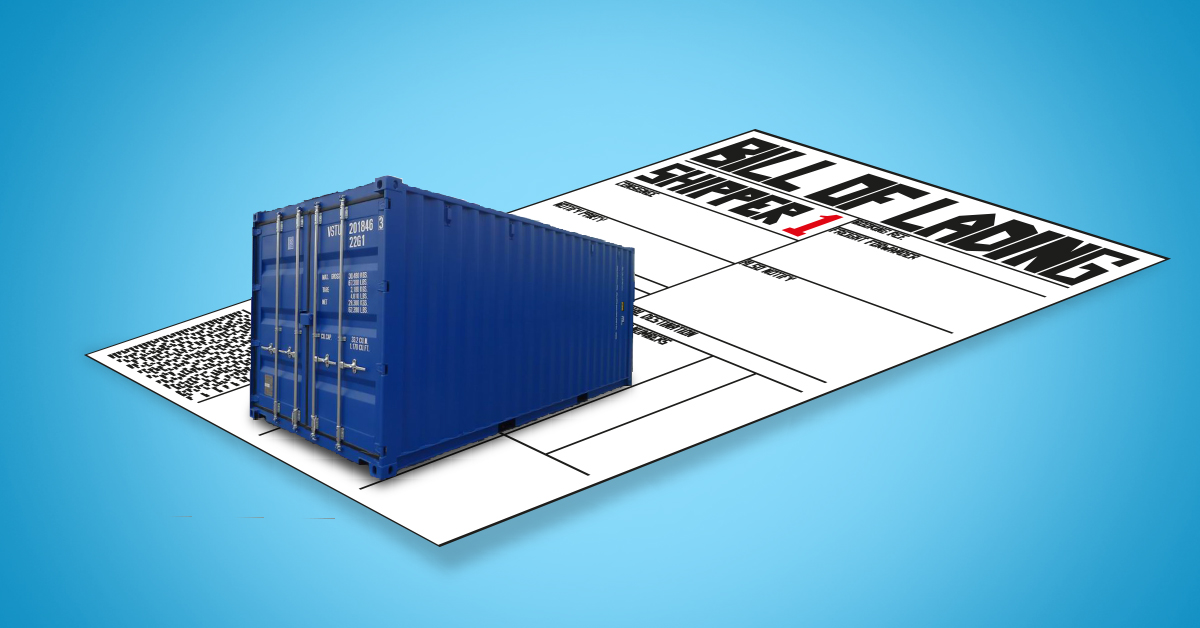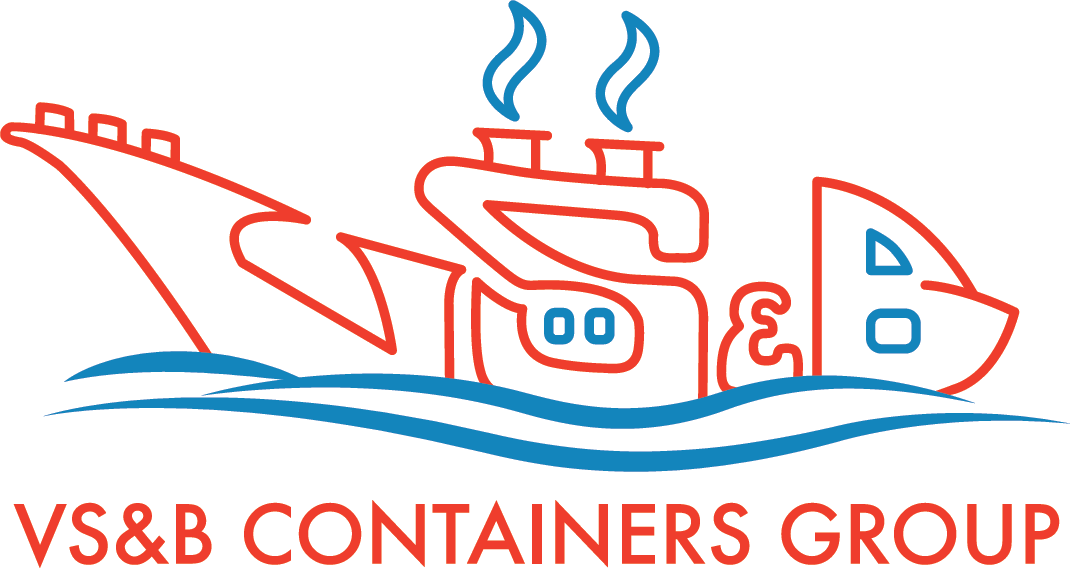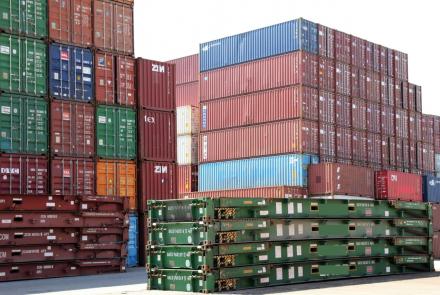Bill of Lading

A Bill of Lading (BL) is defined as a legal document issued by a carrier to a shipper acknowledging receipt of cargo for shipment. The document lists the type, quantity, quality and destination of the goods being transported. It also serves as a receipt when the carrier delivers the goods to the consignee. A BL must accompany the shipped products irrespective of the mode of transportation. It should bear the signature of an authorized representative of the carrier, shipper and receiver of the goods. Traditionally, this document used to specifically refer to the transport of goods by sea, but today the scope and usage of the term have widened, and it embraces all modes of transport.
A Bill of Lading is an important document that guarantees the exporter the payment due, while the importer receives the goods in exchange.
A Bill of Lading is a negotiable instrument and fulfills three important functions:
* It acts as an irrefutable receipt that acknowledges the loading of goods.
* It serves as a document of title to the goods.
* It represents the agreed terms and conditions for the carriage of the goods.
There are several types of Bill of Lading:
On-board Bill of Lading:
Such bills are issued when goods have been actually loaded onto a vessel.
Received for shipment Bill of Lading:
Such a bill of lading is used when goods have been received by the carrier, but not loaded onto a vessel. They are usually issued by a freight forwarder at a depot, but they can be converted at the time of loading.
Straight Bill of Lading:
When the payment for the goods is already made beforehand, it is called a Straight Bill of Lading. It mandates that the shipper must deliver the goods to the right party. This document is non-negotiable and must be transferred to the intended recipient.
Dirty or Unclean Bill of Lading:
“Dirty or Unclean Bill of lading” has a special clause stated in them, pointing to a discrepancy in the quantity or condition of the goods at the time of handover to the shipper.






